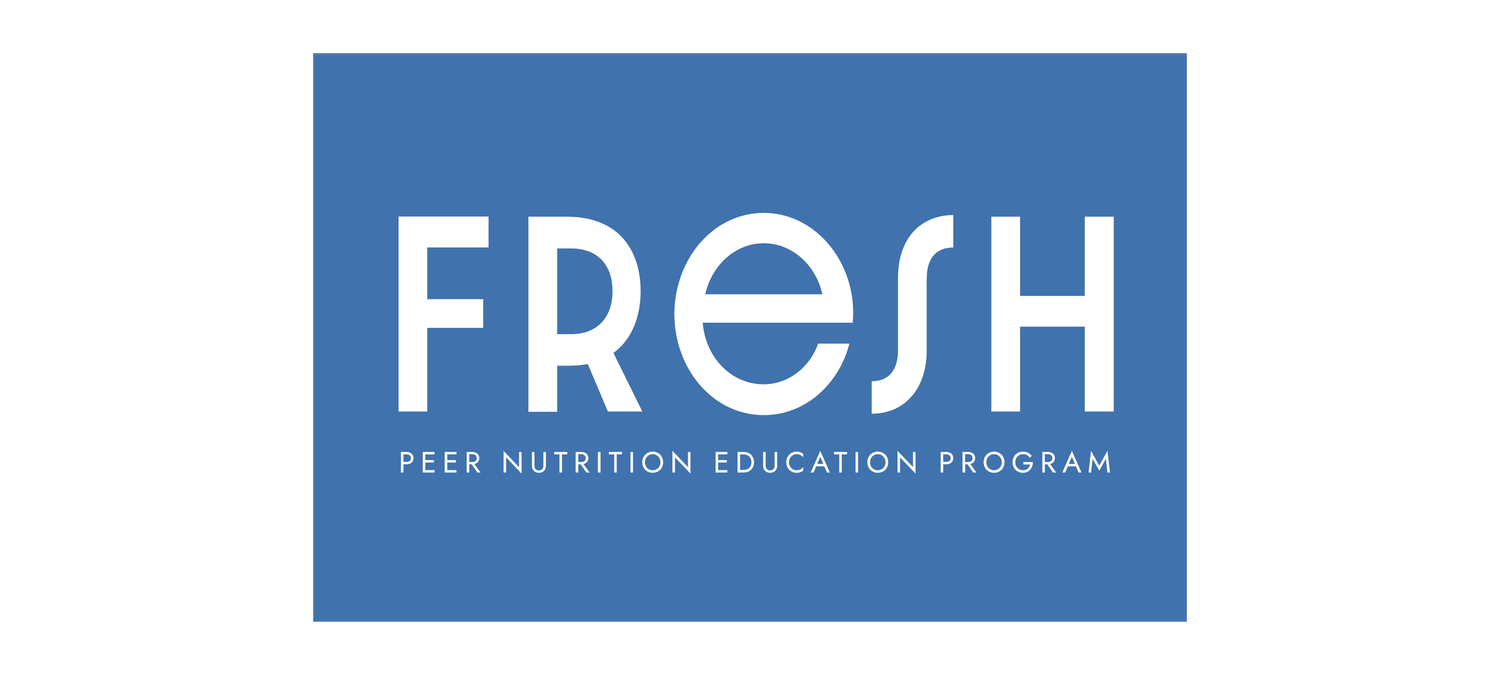Tips for Cooking for one on a Budget
Stock up on healthy, inexpensive, and basic ingredients
Canned or dried legumes (beans, peas, and lentils), canned tomatoes, and boxed or canned broth to make quick soups, stews, and chilli
Quinoa, brown rice, and oats are nutritious whole grain options to add as a side dish or to the base of a meal
Frozen fruits (bananas, peaches, and berries) make quick smoothies for breakfast and snacks
Eggs are a cost-effective and convenient source of protein - hard boiled, poached, scrambled, omelette, frittata - the possibilities are endless!
Canned fish, such as sardines, salmon, and tuna make great, portable, shelf-stable sources of protein to add to a salad, sandwich, pasta, or casserole for a quick meal
Make extra food and safely store your leftovers
Cook one big batch of your favourite meal and store the leftovers for 2-3 days in the fridge
Store individually-portioned meals in the freezer. If properly wrapped, most foods can be kept in the freezer for 2 to 3 months. Foods that freeze well include: breakfast muffins and burritos, chilli, pastas, lasagna, soups, stews, and casseroles
Freeze foods using heavy foil, freezer bags, or containers designed for freezing to preserve quality and avoid waste
Save money on groceries
In London, selected Loblaws, Real Canadian Superstore, Metro, and Food Basics stores offer students a 10% discount on Tuesdays. Check with your nearest store for details
Check the weekly flyers before you go shopping, and plan your meals around sale items. For example, if ground beef is on sale, plan to make a big batch of lasagna and freeze the leftovers
Be careful when buying discounted fresh foods. To avoid waste, always check the expiration dates
shop with a friend so you can split large bulk items and take advantage of volume discounts such as “buy one get one free”
Choose store brands over name brands
Take advantage of great apps that allow you to search flyers for sales and receive discounts. Try Flipp, Snap, and CheckOut51
